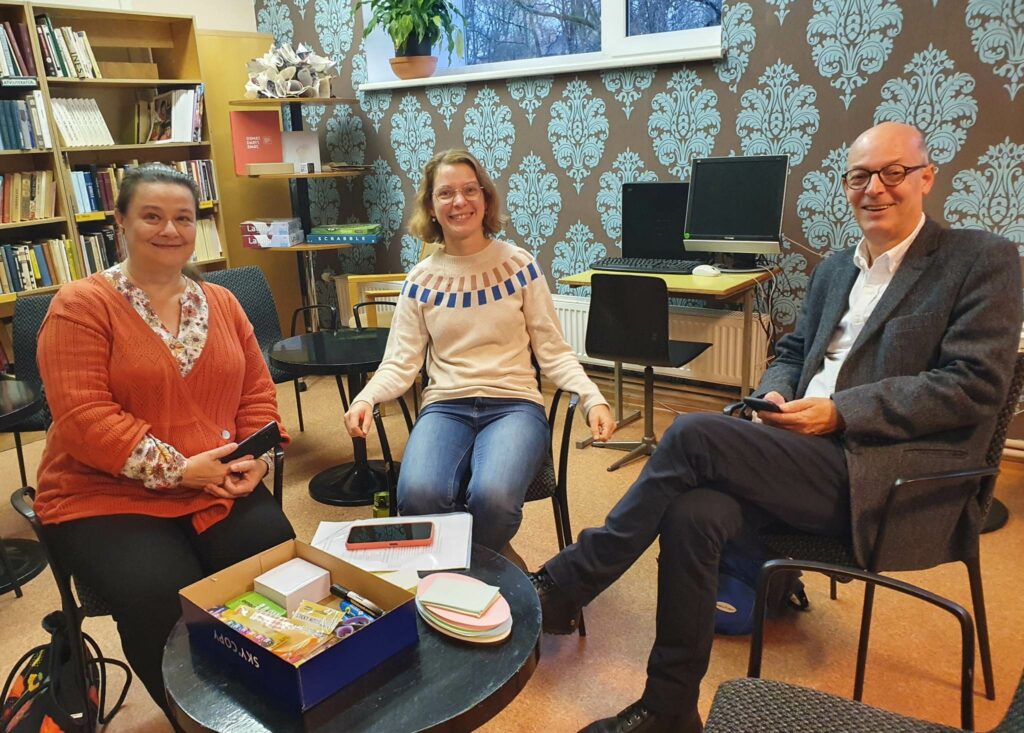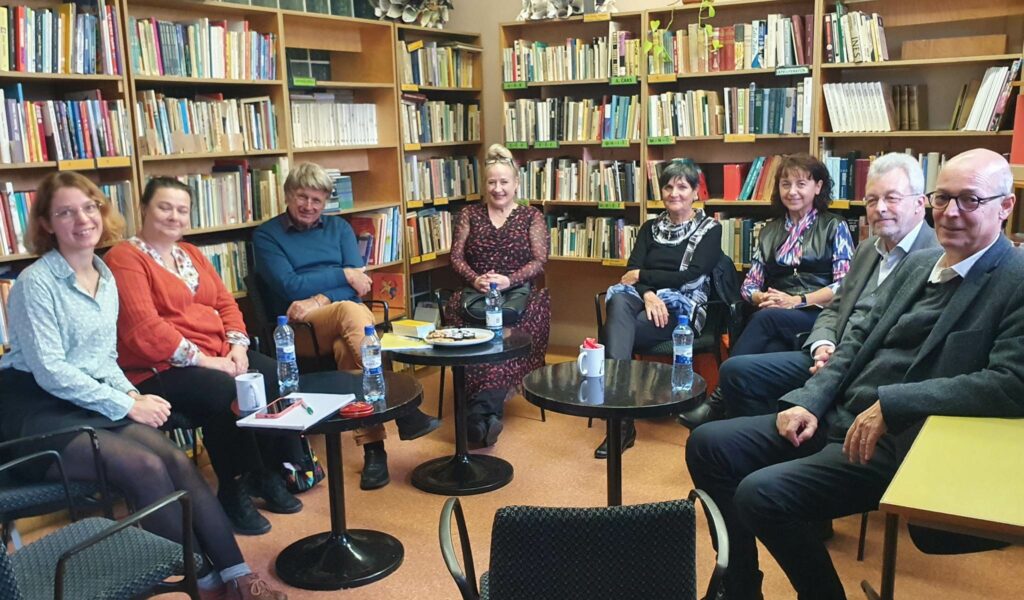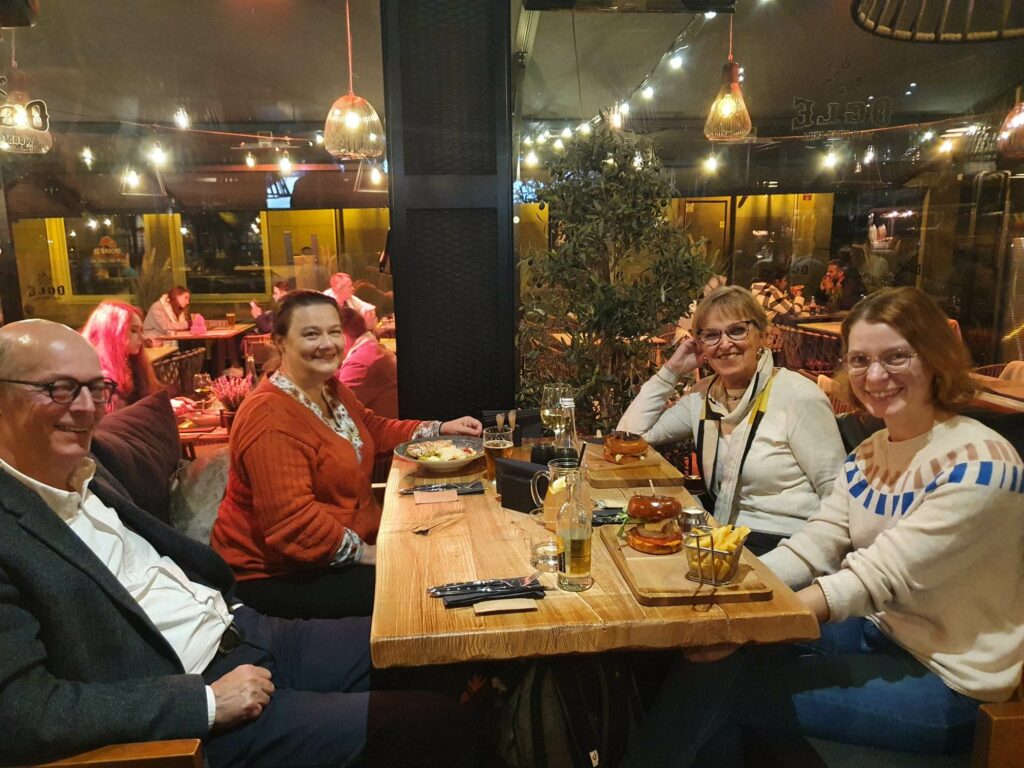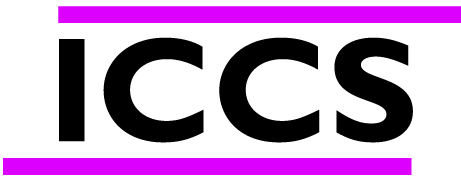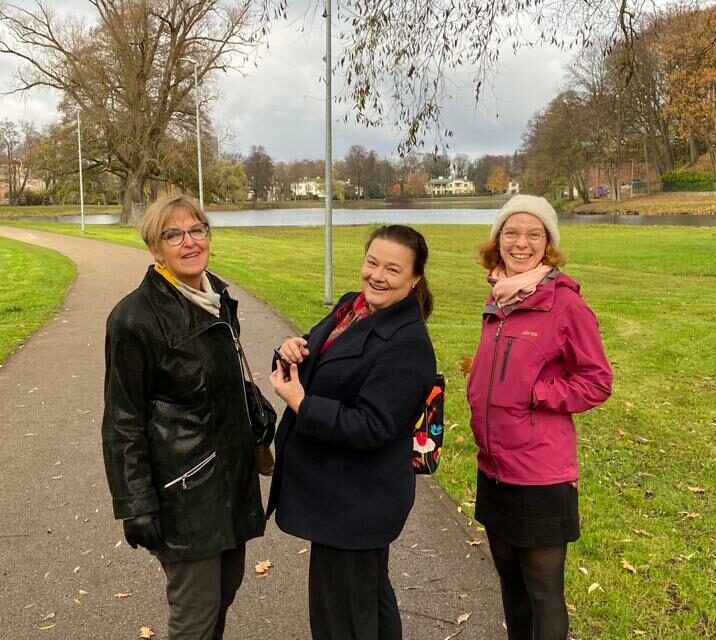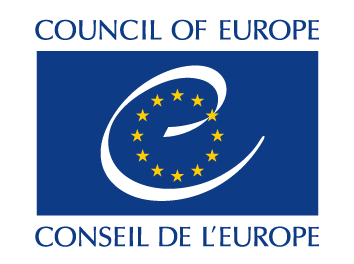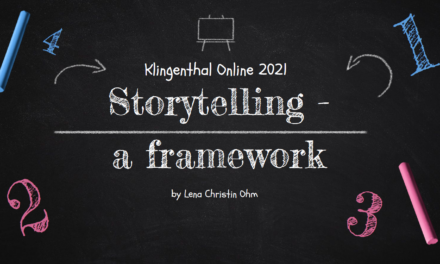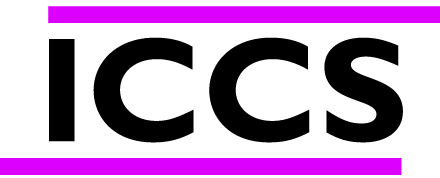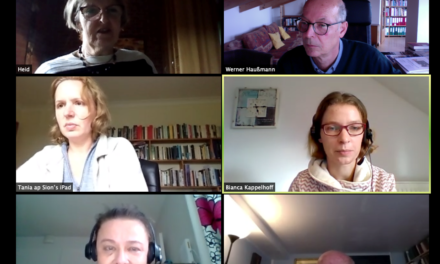The ICCS board met face to face for the first time in three years in Riga in Latvia in November. It was a great pleasure to get together again after a long series of digital board meetings. The exchange of ideas and thoughts flows more easily and it meant that we dug deep into the identity question of our organisation. Which profile do we want ICCS to develop and implement in the future? There are other organisations promoting and developing Religious Education as a central school subject, and also those working on the Christian identity of schools run by churches in Europe. We work together with them in trust via the CoGREE team. But we asked where is our niche? Our niche has to be linked to our history from 1958 and our name: Intereuropean Commission on Church and School. Our niche is to see the relation between church and school, the BETWEEN formal religious education in schools and non-formal religious education. The non-formal field, religious education in churches, families and the civil society is growing, and churches of different denominations have offices and staff with this pedagogical task as their main obligation. These offices encourage the churches to work with school and church relations to support schools in their teaching of Christianity in a multireligious school environment. This means that ICCS operates with Religious education in a broad sense and wants to focus especially on the relation between the formal and non-formal sector. We want to shape ICCS to be a network for these educational offices in Protestant, Anglican and Orthodox churches in Europe.
The ICCS board meeting was combined with the General Assembly of IV 4 – 6 November where we took part in their symposium with lectures and workshops on Hope in times of crises. We also had a common meeting of the boards of ICCS and IV. The site for our conference was the Riga Catholic Gymnasium, where we were received with warm hospitality by staff and students of different ages for talks, meals and entertainment. They performed an expressive dance depicting the fight between black and white, good and evil, on the chess board. Our visit to Riga gave us an impressive glimpse into a young nation’s effort to shape a value conscious Latvian identity after they regained their independence in 1991.
Heid Leganger-Krogstad
Professor emerita Religious Education
President of ICCS
